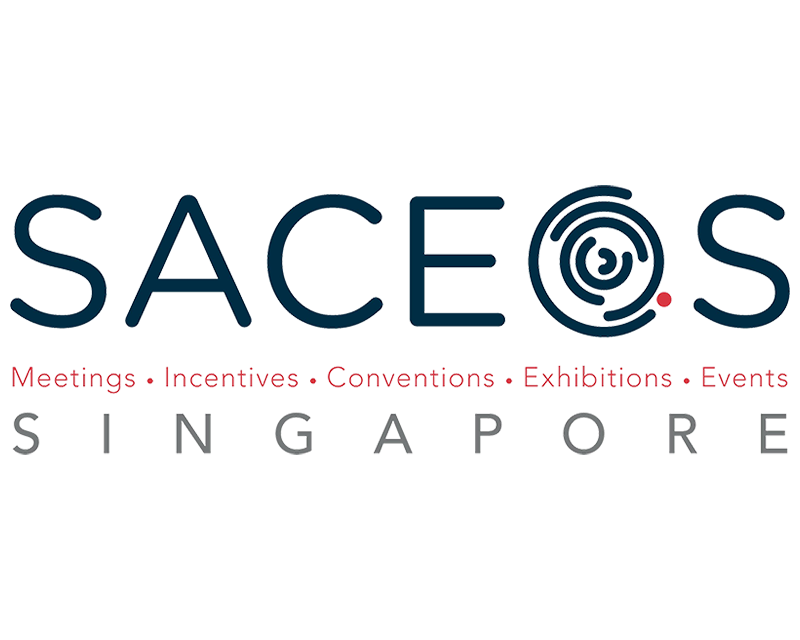
Transport experts examine the profound implications of emerging technologies in a webinar for Transport Evolution Africa Expo and Conference
The panellists delved into the disruptive influence of automation on the transport and logistics sector and underscored its pivotal role of automation in reshaping traditional practices within transport and logistics.
Moderator Stan Whiting, a business development specialist at accounting consultancy Moore Johannesburg, emphasised the need for a paradigm shift towards embracing technology. The discussion aimed to illuminate strategies for successful integration amid evolving industry landscapes.
Emerging Technologies Driving Change
Supply chain technology company Tontrac CEO William Butler, an authority on technological advancements, outlined the rapid evolution propelled by AI and automation. Highlighting innovations such as self-driving vehicles and AI-powered control systems, Butler underscored their potential to enhance operational efficiency and mitigate human errors in real-time decision-making.
Soft drink bottler PepsiCo-Varun Beverages director for supply chain and commercial director for Africa Atul Holkar expanded on the transformative impact of AI and ML across supply chains. Addressing enhanced visibility and predictive analytics, Holkar emphasised their role in optimising costs and fortifying customer interactions, “which is crucial for navigating today's competitive business environment,” he pointed out.
Meanwhile, port equipment manufacturer and supplier Briggeman International director Edwin Briggeman identified conservatism and infrastructure investment as primary barriers to technology adoption. Advocating for a cultural shift towards viewing technology as an enabler rather than a disruptor, Briggeman stressed the importance of strategic upgrades to existing infrastructure.
Security strategist and retired Interpol Ambassador Andy Mashaile underscored the criticality of cybersecurity measures amidst rapid digitalisation. Highlighting vulnerabilities in IoT and the imperative for robust defence mechanisms, Mashaile underscored proactive strategies such as penetration testing to safeguard automated systems.
Integration and Scalability Strategies
Precision-driven business solutions provider HybridFuzion MD Werner du Plessis illuminated integration challenges and strategies for scalable technology implementation. Advising on leveraging existing ERP systems to streamline operations, Du Plessis emphasised the need for cohesive data architecture and resilient integration frameworks.
However, the panelists cautioned against over-reliance on automation, advocating for a balanced approach that preserves human oversight. Emphasising redundancy planning and skill enhancement, the discussion underscored the necessity of augmenting rather than replacing the human workforce.
Logistics provider ESL Freight logistics executive Nikita Reddy highlighted automation's role in enhancing efficiency and reducing costs. Proposing automation as a catalyst for operational scale and improved customer experiences, Reddy reinforced the importance of aligning technology investments with strategic business objectives.
In addressing workforce implications, panellists advocated for proactive re-skilling initiatives and inclusive technological adoption. Stressing the continuity of core business principles amidst technological advancements, the webinar concluded with a call to empower workforce resilience through continuous learning and adaptable strategies.
The discussion illustrated a compelling vision of automation's transformative potential in transport and logistics. As industries navigate the complexities of digital integration, proactive adaptation and strategic alignment emerge as critical imperatives for sustainable growth and competitive advantage.
Article by Engineering News




